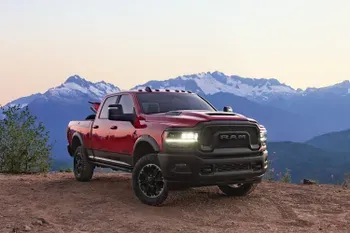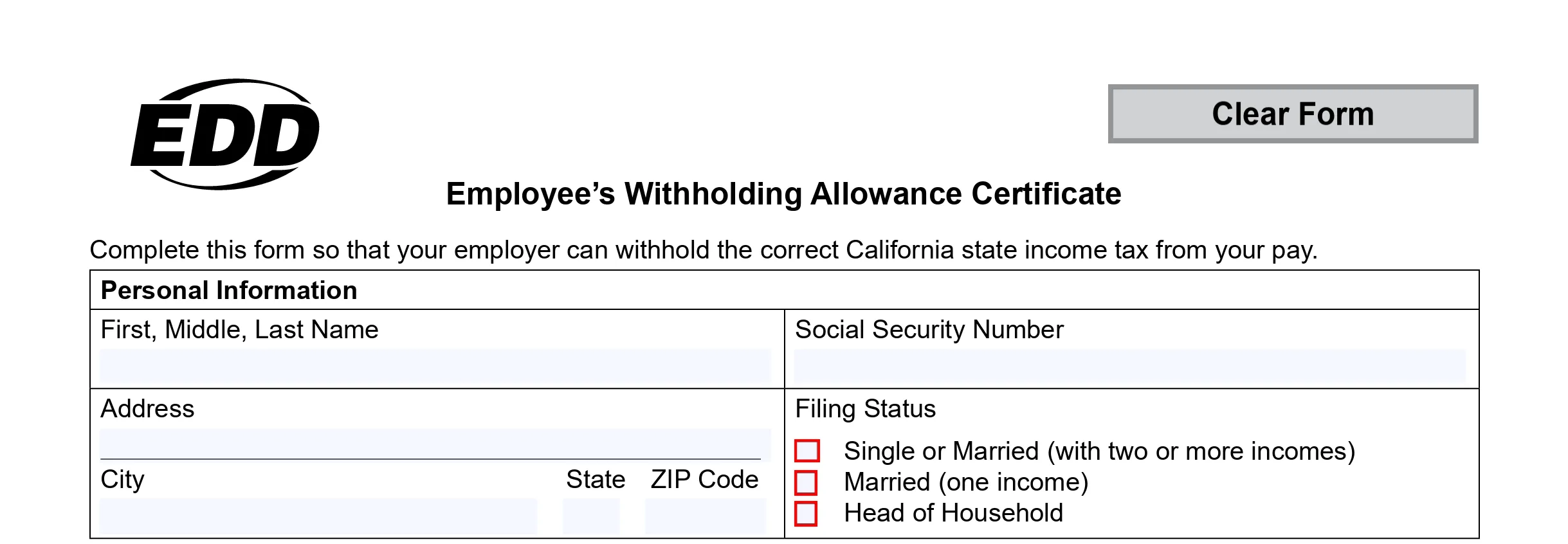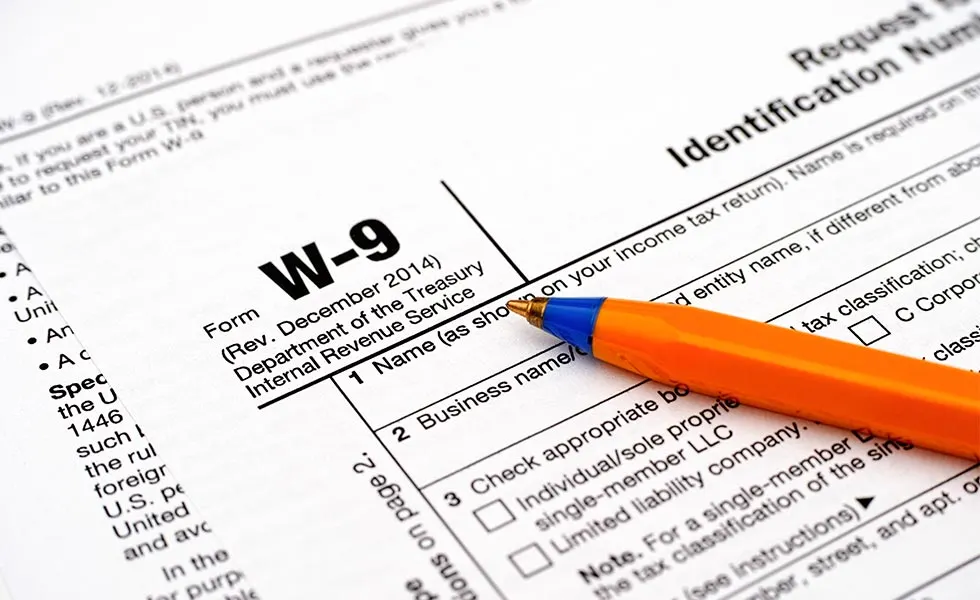Maximizing Tax Benefits: Converting Personal Vehicles to Business Use
Have you ever considered the tax benefits that can be unlocked by converting your personal vehicle into a business asset? If you're already using your car for business purposes, you might be able to increase your tax deductions significantly, and the best part is that it doesn't require you to spend any extra money or drive additional business miles. Let's delve into the details of this strategy and explore how you can optimize your tax situation.

Converting Your Personal Vehicle for Business Use
When you transition your personal vehicle for business use, the tax law treats it as though you've placed the vehicle into service within your business from that point forward. This is a critical moment because, on the date of conversion, you can start depreciating the asset and claiming tax deductions. To determine the basis for depreciation, you should use the lesser of the fair market value on the date of conversion or the adjusted basis of the property (usually the original purchase price plus any improvements).
Example 1: Suppose your spouse bought a personal vehicle for $43,000, and on the day of conversion to business use, it has a fair market value of $31,000. In this case, your basis for depreciation would be $31,000.
Bonus Depreciation and Section 179 Expensing
While Section 179 expensing is not available for assets converted from personal to business use, you can often take advantage of bonus depreciation. The eligibility for bonus depreciation hinges on when you acquired the vehicle you're converting:
If you acquired the vehicle before September 28, 2017, you cannot claim bonus depreciation by converting it to business use in 2023.
If you acquired the vehicle on or after September 28, 2017, you can apply the current 2023 bonus depreciation rules to the converted vehicle.
Example 2: If you have a 2016 personal SUV that you convert for business use in 2023, you can't claim bonus depreciation for the 2016 SUV.
Example 3: Let's say you convert your 2021 personal SUV with a gross vehicle weight rating (GVWR) of over 6,000 pounds to business use in 2023 when it's valued at $35,000, much less than the $60,000 you paid for it. You can deduct $19,600 in bonus depreciation ($35,000 x 70 percent business use x 80 percent bonus depreciation) and claim MACRS depreciation on the remaining basis and 70 percent of your vehicle operating expenses.
A Critical Bonus Depreciation Rule
An important feature of bonus depreciation is that it becomes your default method of depreciation if you don't opt out of it on your tax return. Unlike most tax breaks where you must actively take action to qualify, with bonus depreciation, you automatically get the tax benefit if you don't opt-out. It's worth noting that when you don't elect out of bonus depreciation, the 80 percent 2023 bonus depreciation deduction applies to all assets within the same class.
Example 4: If you place in service a vehicle in the five-year class and also have seven other non-vehicle assets in the same class, you must claim 80 percent bonus depreciation on either all eight assets or none. To opt out of bonus depreciation for this class, you need to make a specific election on your tax return.

Three Key Bonus Depreciation Points for Vehicles
Optional Mileage Rates: When you place a business vehicle in service in 2023 and choose to use the IRS optional mileage rate of 65.5 cents per mile, your 28 cents-a-mile depreciation deduction is already included in the 65.5-cent mileage rate. Therefore, for optional mileage rate users, there's no additional bonus or depreciation to consider.
Heavy Vehicles: Certain vehicles, such as SUVs, crossover vehicles, and pickup trucks with beds at least six feet long, are exempt from luxury vehicle limits and can qualify for up to 80 percent bonus depreciation in 2023.
Luxury Passenger Vehicles: Cars with curb weights of 6,000 pounds or less, and SUVs with GVWRs of 6,000 pounds or less with acquisition dates after September 27, 2027, can qualify for bonus depreciation of up to $8,000.
Basis When You Sell
When you sell a property that you converted from personal to business use, it's essential to remember that there are different rules for calculating losses and gains:
Losses: To calculate losses, use your tax return's adjusted basis, which is the lower of the cost or market basis at the time of conversion minus depreciation.
Gains: To calculate gains, use the original cost basis minus post-conversion depreciation. In most cases, using the original cost provides a higher basis, resulting in less tax on your gains.
Key Takeaways
In the world of taxation, most personal assets are often disappointments because you pay taxes on personal gains and can't deduct personal losses. However, converting a personal vehicle or another personal asset into a business asset can create new tax benefits, all without requiring any additional expenditure. So, if you haven't considered converting your personal vehicle for business use, it might be time to explore this strategy and potentially optimize your tax situation.
If you find yourself intrigued by the possibilities of leveraging your personal vehicle for tax benefits or have questions regarding your unique circumstances, we strongly encourage you to get in touch with us. Our team of tax professionals is here to provide you with the guidance and expertise you need to navigate the intricacies of tax planning effectively. Reach out to us today at [email protected], and let's work together to optimize your tax situation and financial well-being. Your journey towards a more tax-efficient future starts here.



